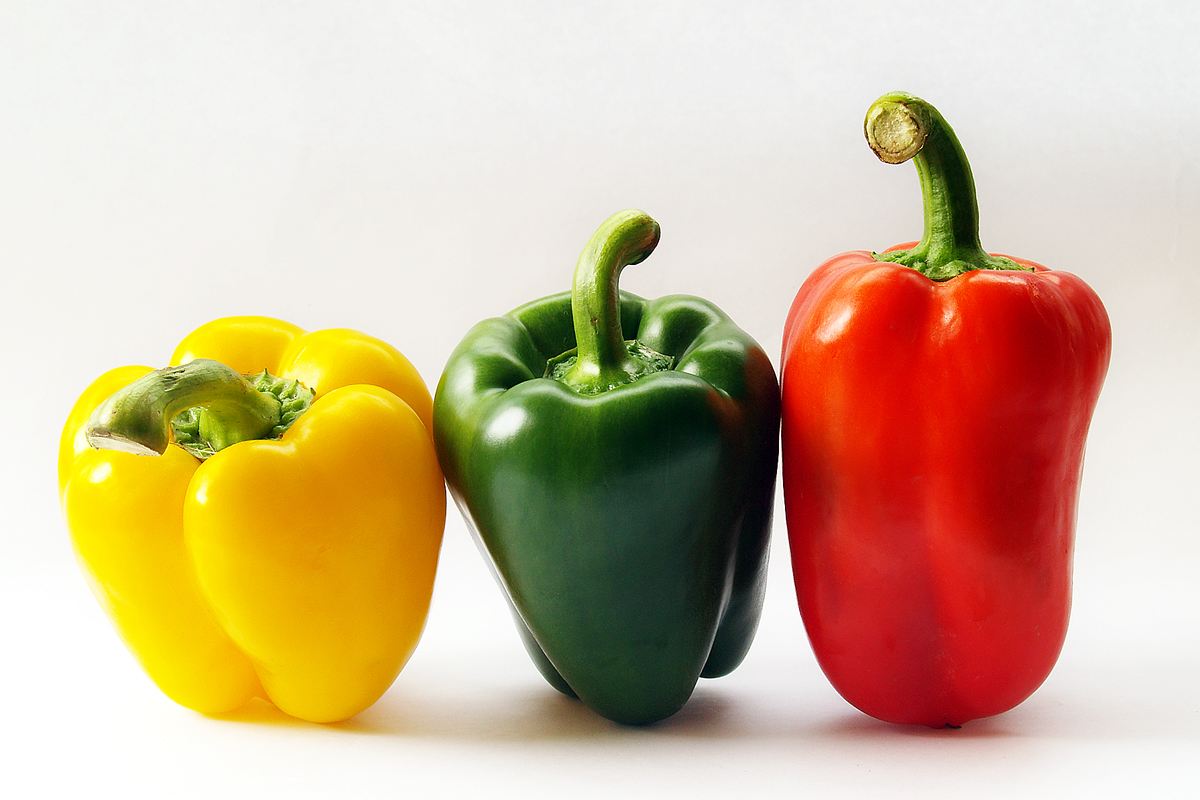Why are there miracles?
Simply put, miracles are a badge of authority.
It is like a policeman's badge being evidence that he is empowered by the law to enforce it. For as anyone can impersonate a policeman, so can anyone, claim to come in the name of Jesus. And there are many who easily proclaim, I do this and that, or say this and that, in the name of Jesus.
But having said that I must immediately add that such a miraculous badge is not really necessary. And this is so as it can be recognised, sooner or later, in one way or another, whether someone is truly doing or speaking on behalf of God, or for himself.
There is a similar analogy in the policeman's world. The law of the land is the law of the land. I don't have to be a policeman to tell you that you are breaking the law. And in fact the law empowers ordinary citizens to make arrest, namely citizen's arrest, or you can simple call the police. So I don't really need the badge to enforce the law on anyone, ie if I want to.
So anyone can truly do and speak on God's behalf without having to perform miracles. The question really is not of badges but of true knowledge of God and of a heart to do and speak for him.
Now the reason why such miraculous badges are not necessary is threefold.
Firstly badges can be faked. And this true certainly of policeman badges, of identity cards, and of passports, etc.
In the spiritual world, the devil have some power to do supernatural things too.
It is mentioned in prophetic books of the bible that in the end days, by miraculous signs and wonders, the devil will lead the lost astrayed.
And in the other direction in time, in history, when Moses went up to the Pharaoh to ask him to let his people go, Pharaoh demanded to know upon what authority is such a demand made.
And as you may know, Moses called upon a series of miraculous signs and wonders. But the first few, or just the first one, namely Moses changing his staff into a snake, was
duplicated by Pharaoh's magicians.
Secondly it is a sign of insufficient faith to need a miracle to believe.
God have arrange so that you can know who is true and who is the liar, and who truly comes in Jesus' name and those who simple say so, from already existing human and humanly perceivably signs.
So really to need a miracle to believe is actually a sign of disbelief. It is akin to testing God, ie an attitude that says, if you say you are so and so, do this and that to prove to us, you are indeed who you are. And this testing attitude is betrayed especially when the test is a seemingly impossible one.
An
example is when some people brought a man with a withered arm to Jesus on Sabbath day. Now the Sabbath day is a day when no one is supposed to work. And healing is work. So the people were trying to put Jesus in a catch-22 situation. Heal and break the law, don't heal and you cannot prove yourself. Jesus healed nonetheless saying that the law is not above compassion and love.
Back to the policeman example, do I really need me to show you a badge when I tell you that you are breaking the law? In fact the badge is entirely irrelevant. You have broken the law, and you know it yourself, without even me telling you, even far less the need for me to show you any badge.
So really to ask for a miracle is just an excuse for disbelieving.
And thirdly when you have seen the miracle, and upon that you said you believe, you are actually believing the miracle rather than God.
And the real reason for belief is that you covet the miraculous effects, rather belief in God.
And many prayers for healing and prosperity fall into this category.
And such people will go to any god or gods or goddesses, the moment they hear that these can give them their desired miracles, eg lottery numbers.
And I want to tell you about my friend here. He attends a church which is overtly very strict and regimented in obeying God's laws, for example the abhorrence of idolatry. And to him putting up a Christmas tree for Christmas is idolatry. But then he buys 4D, bets on English Premier League, and so on, he wins. And soon, he bought a feng-shui sculpture, some miniature water fountain, and placed it in the house.
Now it is not so much the sculpture or that it is feng-shui inspired that made it an idol, but it is the attitude and reason for installing it, namely that he believes it will bring him good luck. That is idolatory, to turn away from God and to put your trust and hope in something else.
But it escapes himself entirely, intentionally or otherwise, seemingly religious though he is.
And then I want to tell you about my late friend Mr. Tan as another example.
You may remember Mr. Tan. He has died, after many years of leukemia, for about half a year to date. His mother became a Christian. But really she was not as much seeking God as wanting Mr. Tan healed. And as all mothers do, they do anything for their son, even believing God, if that is what it takes.
And then Mr. Tan has a friend that works with him in the car dealing business. This friend told Mr. Tan why don't he go over to his god, some Tua Pek Kong derivative or other I think, since the Christian god is apparently not working.
And that is really the worst sort of testimony for a Christian. For instead of testifying that you believe because you know God and wants to do his will, you are instead showing the world that you believe God for his goodies. Your objective is the goodies. Who delivers the goodies may be a secondary thing.
Are you saying there are no more miracles today?
Well Mr. Tan died, despite the tons of so-called prayers prayed. But I am not saying no.
Like I said Jesus came not to remove poverty or sickness and diseases. He certainly didn't. And we have bird flu constantly threatening the world today. And he certainly didn't make the poor rich, but rather tells the rich to be poor.
But yet he did healed the sick in some cases here and there. To be sure some of them are a mark and demonstration of who he is, his identification badge.
But there were times he did not want to heal, such as the paralytic brought down to him through the hole in the roof. And yet at times he told those he healed
not to talk about it. But then they did precisely the contrary and soon the whole towns were coming out to seek Jesus. But they come to seek to feed their stomachs. The seek a miracle maker and not God. They are seeking food for their stomachs and not to be reconciled to God. (See John 6)
So there may be miracles yet out of God's compassion.
But there will also be miracles of judgement, ie by very act of the miracle, God condemned their disbelief.
It will be like the case when the young nation of Israel have just left Egypt and was marching in the desert. God send down food, called manna, everyday from heaven, but they complained and said that back in Egypt they had meat.
And so God heard them. And he caused a wind to blow quails to land in the Israelites' camp.
Israel ate meat, and then they died.
So should someone pray for a miracle or not? Pray, as in all prayers, in accordance to the will of God.
I am sure you are aware that anytime, anyone from some church is hospitalised, tons of SMSes will immediately flood the airwaves, asking the receipients to pray for the one sick, especially if the latter is dying.
Now surely everyone will die, one day, sooner or later, anticipated or not, and whether you are ready or not. Will praying for someone dying to live always work? Certainly not. Mr. Tan died. Some will die and maybe some will yet live, maybe for a little longer. But whether he, or even the apparently healthy, lives or die, is all in God's hand.
So if you are to ask God not to take his life this time, then you had better know why is should not be this time and in this manner. And how do you know that? For that you have to know God and be able to hear him. That is the wise way.
And even so, God may keep silent.
But then most would just blindly and mechanically go through the motions of praying, and will utter the usual words, the magic formula, the mantra - and maybe conduct some ritualistic acts with the arms or something else - just like the pastor who visited my mum in hospital.

